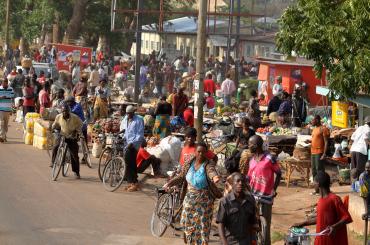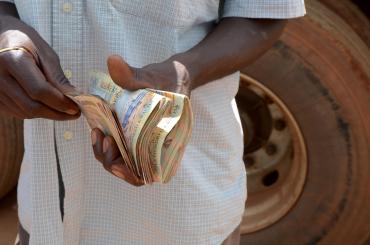
Malawi
-

International migration kickstarted structural transformation in Malawi
Evidence from Malawi shows that temporary capital inflows from migrants can permanently reshape rural labour markets by jumpstarting a structural transformation out of agriculture.
-

The challenge of measuring intimate partner violence via self-interviewing
Self-interviewing survey techniques substantially increase reported levels of intimate partner violence, but this may be driven by respondents’ misunderstanding
-

The dynamic effects of cash transfers: Evidence from Liberia and Malawi
Cash transfers improve food security for up to two years, but without an increase in food expenditures and non-agricultural income
-

The impact of multiple savings accounts on microentrepreneurs in Malawi
Improving access to saving tools helps urban Malawian microentrepreneurs save and adjust labour supply decisions
-

Building resilience through social protection: Evidence from Malawi
Resilience measures can predict choice of coping strategies, helping targeted cash transfers improve how vulnerable households respond to shocks
-

Expanding access to clean water for the rural poor: Evidence from Malawi
Offering coupons for free chlorine is an effective way to increase water treatment and prevent waterborne diseases
-

The impact of digital credit in low-income countries
Digital credit does not appear to systematically improve lives, while the lack of transparency raises serious concerns about predatory lending
-

Healthcare appointments as effective commitment devices: Evidence from Malawi
The offer of an appointment more than doubled the likelihood of men getting an HIV test, and was most effective for men wanting a commitment device
-

Overcoming barriers to savings through deferred wage payments: Evidence from Malawi
Having the option of getting paid later can help developing-country workers save for larger purchases, and make lasting improvements to their homes